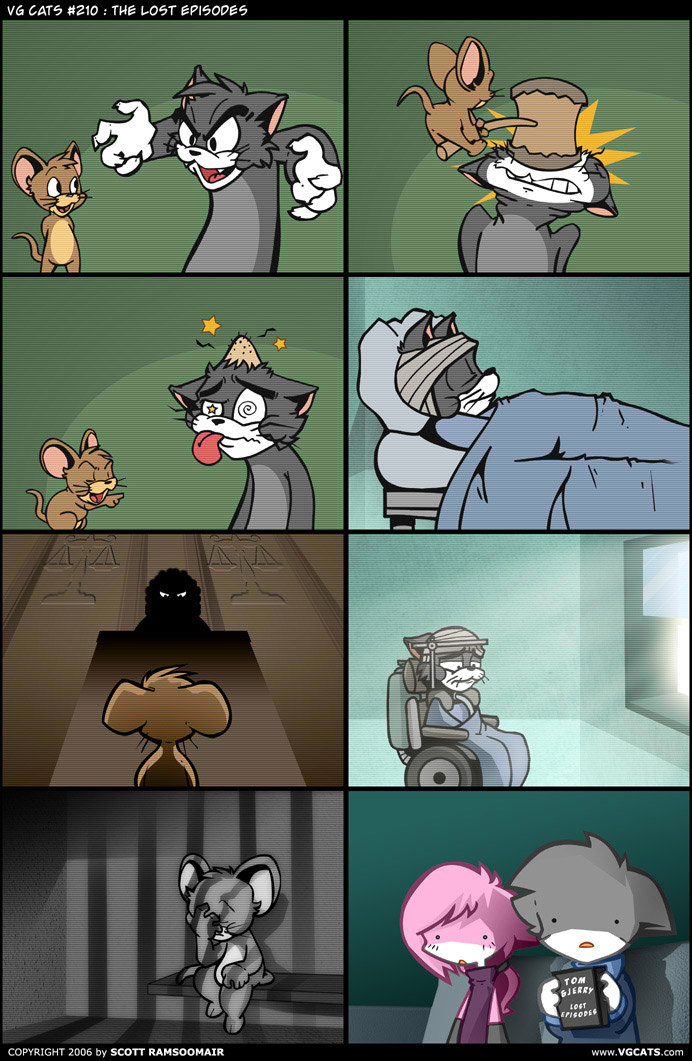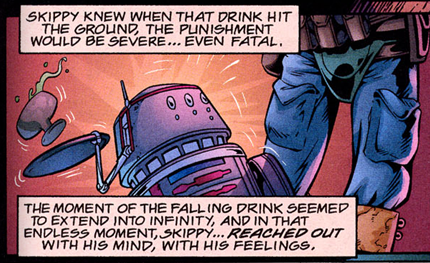TruthDig’s review of Todd Phillips’ Joker is accurate but for one thing: What we call “neoliberalism” is really just conservatism under a different title. But whatever you call it, that the film so boldly attacks the very political-economic system that has inflicted Caligula Drumpf on the world may help explain why its net profit after taking costs into account is set to give Avengers: Infinity War serious competition.
There have been accurate comparisons of Joker to Joel Schumacher’s 1993 film, Falling Down. As in that earlier motion picture, the protagonist is a pathetic loser who has been rendered “not economically viable” in an increasingly corporatist society in which those who for whatever reason cannot fend for themselves are looked down upon and considered good only for public ridicule and as targets of violence. When at the start of Joker a group of young ruffians steal Arthur Fleck’s sign and subsequently savagely beat him with it following a chase into an alley, we immediately see that Gotham circa 1981 reflects how modern American society treats its discarded citizens: the mentally ill and the homeless are treated like scum, and although we might react with shock, horror, and righteous condemnation, we aren’t really pushing those in power to do anything about it.
As Fleck’s mental condition deteriorates, with a large amount of help from cuts to social services that likewise cut him off from badly needed medication, his reactions to the system that has kept him down become increasingly unhinged and violent, although he spares those who have not wronged him in some way.
All of this leads to a bloody conflagration by the film’s climax that the audience can see coming from miles away, and we fully understand why the elites within the story fail to see the logical response to their own hubris, because they are realistically portrayed. The character of Thomas Wayne is re-imagined here as a combination of Donald Trump and Hillary Clinton, blending a corporate CEO who has decided to cut out the middle men of bribed politicians to run for public office himself and an out-of-touch elitist who ridicules the very people he seeks to “save” from their own “failings” and can’t understand why no one sees how much the city “needs” him.
There are a lot of nods to Martin Scorsese’s works including The King of Comedy and Taxi Driver, both tonally and visually. Robert De Niro’s character, Murray Franklin, is clearly modeled on Jerry Langford from the former, and in many ways, Joaquin Phoenix’s Arthur Fleck reminds us of the latter’s Travis Bickle. How much of Joker takes place in Fleck’s increasingly deranged mind and how much within the “real” world of the story itself is left to the interpretation of the viewer, another nod to King of Comedy. This is especially relevant in the ending to the film.
Indeed, this whole film might be interpreted as partly a defense of Scorsese in the wake of the auteur’s recent comments about Marvel movies not being ‘cinema’, an argument also made (albeit somewhat condescendingly) on Variety.com by Owen Gleiberman.
But here’s why I think that Scorsese and Coppola are actually right — and why in their high-minded and disgruntled what’s-the-world-coming-to? way, the two are doing American movie culture an incredible service. The way I see it, they’ve planted this issue at the center of the conversation, staking their credibility on an argument that radically challenges the status quo. And instead of carping about them, we should all take a big pause and listen to what they’re saying. Because this isn’t really about putting down Marvel movies. It’s about asking what, in the future, we want our popular culture to be.
Over the years, I’ve written positive reviews of more than my share of Marvel films. This year alone, I liked at least one (“Captain Marvel”) that most critics didn’t, and at least one (“Dark Phoenix”) that most critics thought was beyond abysmal. I stand by both opinions, so mock me if you will, but I am no Marvel basher. I think that the first “Guardians of the Galaxy” is the greatest Marvel movie, and close to a work of art.
Yet here’s why I agree, in spirit, with Scorsese and Coppola (and with Ken Loach and Fernando Meirelles, the two other directors who’ve since chimed in on this issue). What, deep in its bones, does the word “cinema” mean? If it’s merely a synonym for “motion-picture spectacle,” then obviously the two are wrong. (If “Avengers: Endgame” isn’t a spectacle, I don’t know what is.) But that’s not actually what cinema means. Scorsese said that a Marvel movie “isn’t the cinema of human beings trying to convey emotional, psychological experiences to another human being.” On a literal level, you could say that he’s wrong (the hero of “Guardians of the Galaxy” tries to do those things), but what he’s really speaking about comes down to a different word. The word is mystery.
The trouble with our blockbuster movie culture, and not just Marvel movies, is that there’s no mystery to it. None at all. It’s all on the surface; what you see is what you get. Whereas cinema, as it has stood for 100 years, represents a realm in which stories vibrate with an emotional and psychological reality that transcends the design of the film we’re watching. Cinema is about what happens, in a movie, right in front of you, but it’s also about what happens between the lines. It’s about a place where what the film brings to the audience is met by what the audience brings to the film — a sacred zone of spirit and empathy, where the identification you feel with a character takes you to someplace unknown.
The reason I bring all this up is that Todd Phillips has so obviously done with Joker what Scorsese and Coppola lament the lack of in Marvel blockbusters, and that Warner Bros. is jeopardizing (along with its potential DCEU revival) by joining forces with the boy who has ruined both Star Trek and Star Wars. To bring in a no-talent hack like Abrams guarantees that the sort of badly needed socio-political messaging Phillips employs will die an unnecessary and pointlessly cruel death, doing to films such as Joker what the thugs—high and low—do to Arthur Fleck that drive him to such extremes.
Whatever your thoughts are of this film, it IS definitely CINEMA, the kind desperately needed at a time when movies are increasingly corporatized, sanitized, and bereft of any meaning other than making a profit at the insult of audience intelligence. Joker has several messages, the most important being what late-stage capitalism and the hyper-conservatism that nurtures and protects it does to people and the logical outcome that will result if we do not reverse course. Who today remembers, or knows at all, the words of John F. Kennedy, who warned that “those who make peaceful revolution impossible will make violent revolution inevitable”? That’s the central message of Joker, and the wealthy elites who run their callous, dystopian paradise from their gated mansions and corporate boardrooms ignore it at their peril no matter how much they may pretend that they’re untouchable.
Anyway, below you’ll find my video review of Joker.
Please like, share, and subscribe. Also, I’m doing a tech fund-raiser, so please donate and share the link. Thank you.




